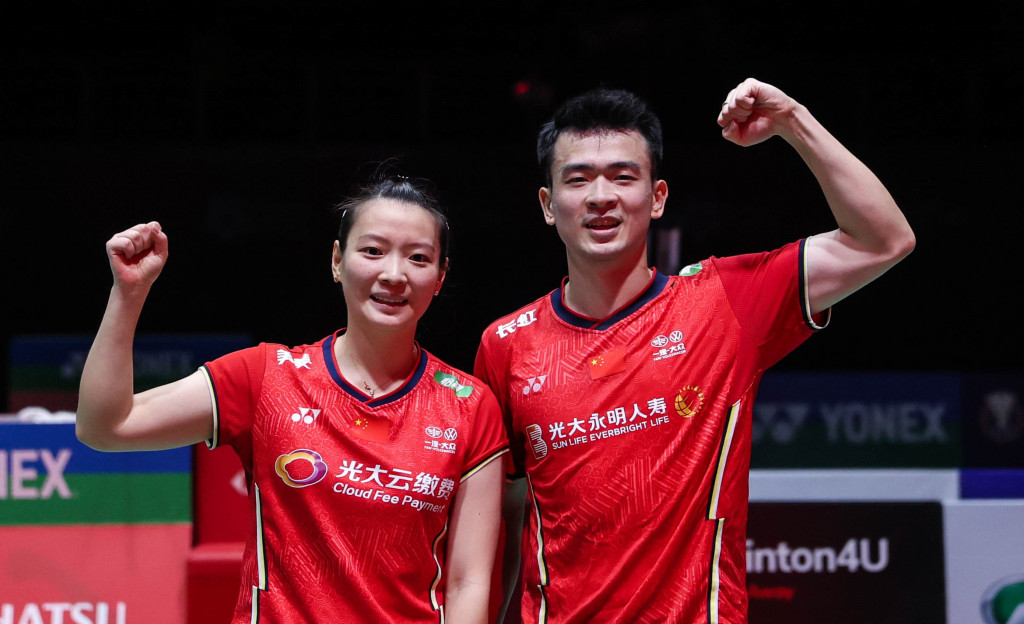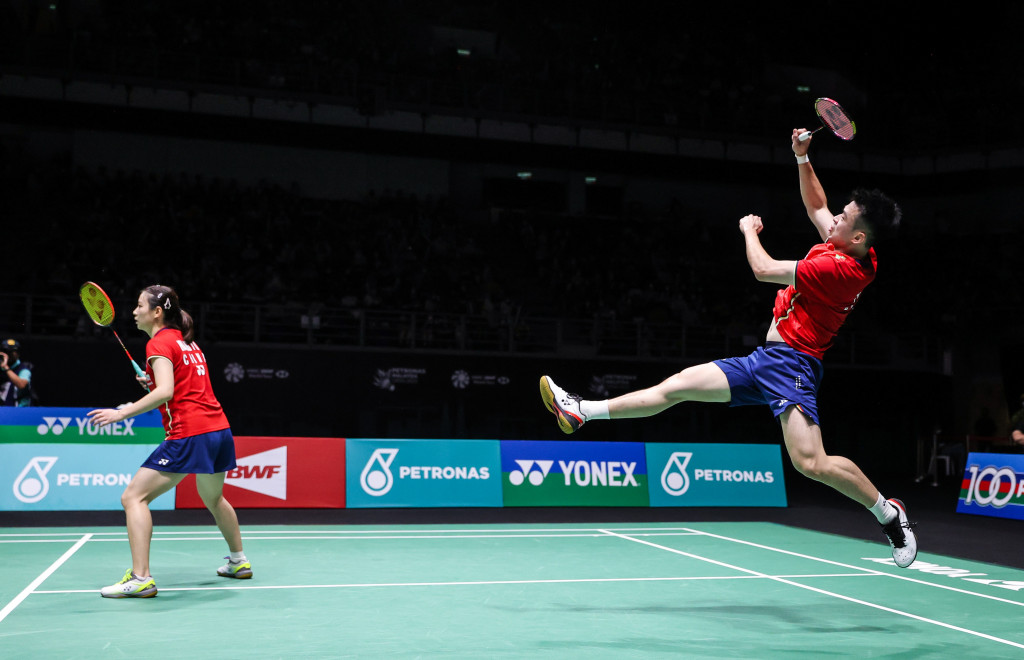In recent years, the Chinese national badminton team has welcomed international expertise to their ranks. Among the notable additions is Cristian Luque Manjon, a strength and conditioning coach from Spain, who has been instrumental in supporting China’s top mixed doubles pair, Zheng Si Wei and Huang Ya Qiong. Manjon’s journey into badminton and his unique approach to training the world’s best mixed doubles pair will be discussed in this two-part interview.
How it all began
When asked about his association with the Chinese badminton team, Manjon shared that he was originally working in a tennis academy in China. It was through a colleague who transitioned to the badminton team that Manjon’s talents were discovered. Impressed by his expertise, the mixed doubles coach reached out to Manjon to join the team. Manjon started by working with the two top mixed doubles pairs, Zheng Si Wei/Huang Ya Qiong and Wang Yi Lyu/Huang Dong Ping, as well as Chen Yu Fei.
Bạn đang xem: News | BWF World Championships
Adjusting to the nuances of badminton
As a strength and conditioning coach with a background in tennis, Manjon acknowledged the differences between the two sports. One notable distinction is the size of the court and the intensity of movements in badminton. Despite these variances, Manjon found that several methodologies from his experience with tennis could be adapted to badminton. For example, badminton emphasizes acceleration rather than maximum speed due to the shorter distances players need to cover.
Player-specific training
Manjon’s approach to training is highly individualized, taking into account players’ playing styles, injuries, and preferred training methods. As the strength and conditioning coach, he is responsible for designing training programs, helping with warm-ups, and collaborating with the medical team for injury management. Manjon emphasized the importance of players being actively involved in the decision-making process and feeling like integral participants in their own training.
Adapting to the existing system
When joining a well-established team like the Chinese badminton team, Manjon recognized the need to respect the existing culture and systems. He made gradual changes to the training routines, focusing on warm-up techniques and adjusting load management according to competitions. Manjon also prioritized transparent communication with the players, explaining the reasoning behind the training methods and encouraging them to take ownership of their development.
Maintaining consistency and mental strength
Xem thêm : BWF News
One of the main goals for Manjon when working with Zheng and Huang, who are already at the pinnacle of their game, is to ensure their consistency throughout the season. With each tournament, their objective is to maintain their physical condition and be competitive. Manjon focuses on recovery periods and advises on injury reduction strategies. Additionally, he emphasizes the importance of mental stability and a strong mentality, highlighting the ability of athletes like Zheng and Huang to remain calm in challenging situations.
Training the mind
Manjon believes that mental stability can be trained through daily practice and a proactive mindset. By maintaining a high level of intensity, focus, and effort during training, athletes can transfer these qualities to competition settings. Consistency in training is key, as a lack of intensity and concentration can hinder performance during crucial moments.
Part 2 of this interview will delve deeper into Manjon’s training methodologies and shed light on the unique qualities that have propelled Zheng Si Wei and Huang Ya Qiong to the top of the badminton world.
FAQs
Coming soon
Conclusion
Coming soon
Nguồn: https://carnegiecentre.com
Danh mục: Tin tức






